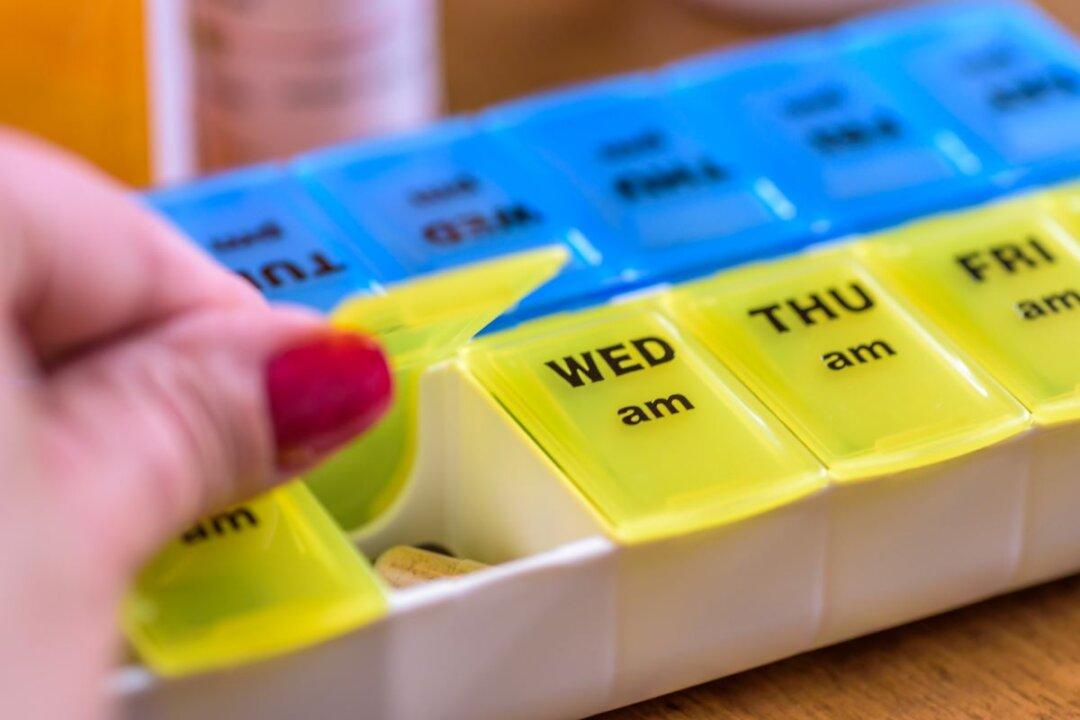Australian researchers have developed a biological agent that may prevent Type 1 diabetes by improving an aspect of white blood cell function, which is compromised in people who develop the autoimmune disease.
University of Queensland (UQ) Faculty of Medicine researcher Prof. Josephine Forbes said in a release on Thursday that lab testing showed the protein—known as sRAGE—can correct faulty regulatory T-cells, hence preventing the immune system from getting out of control and causing diabetes.





